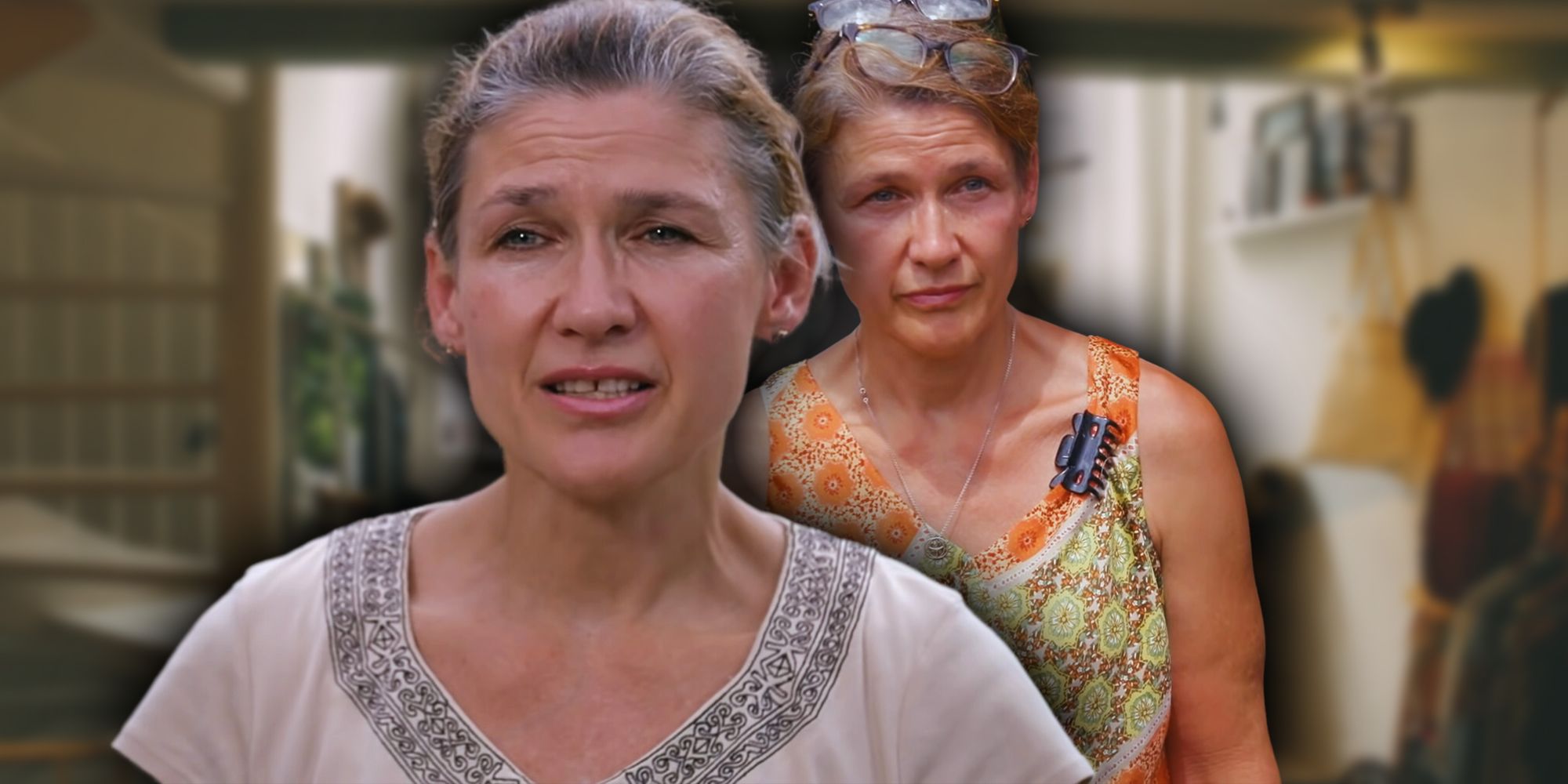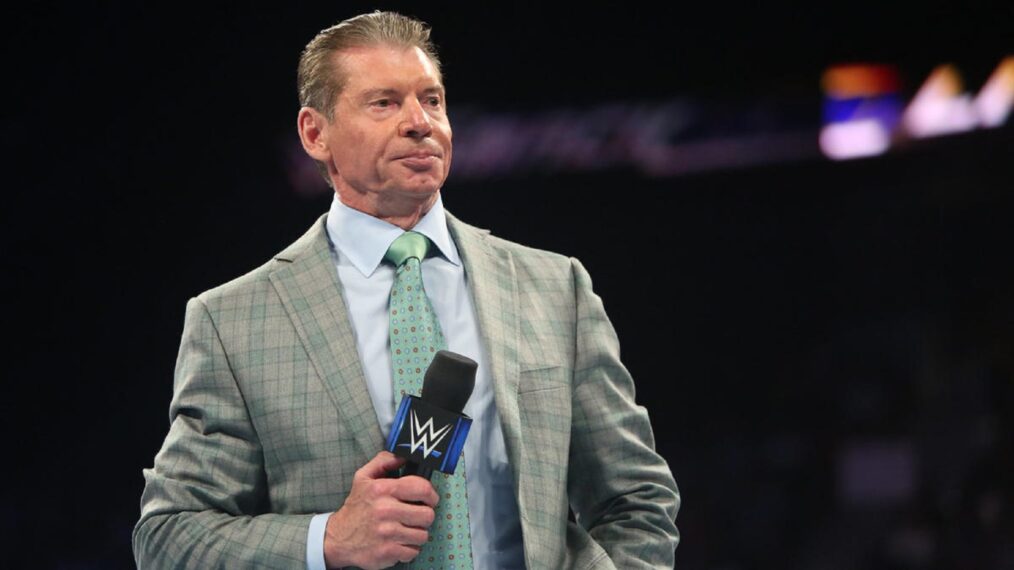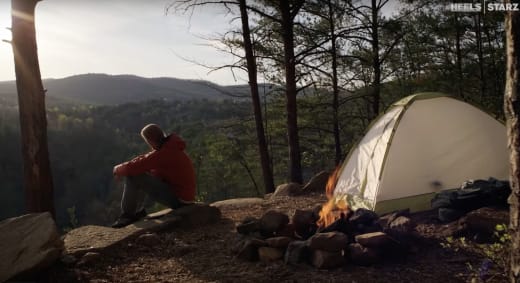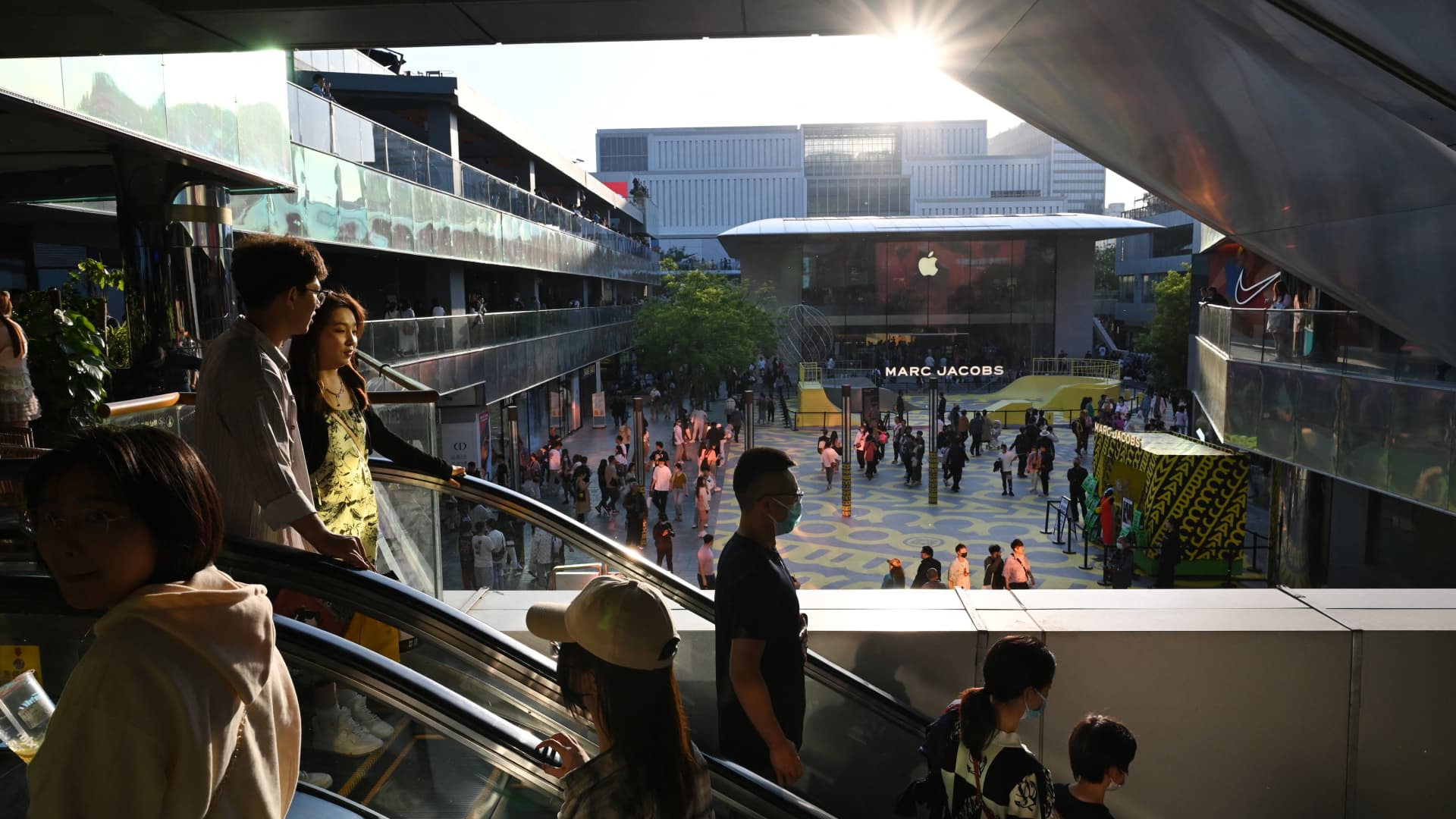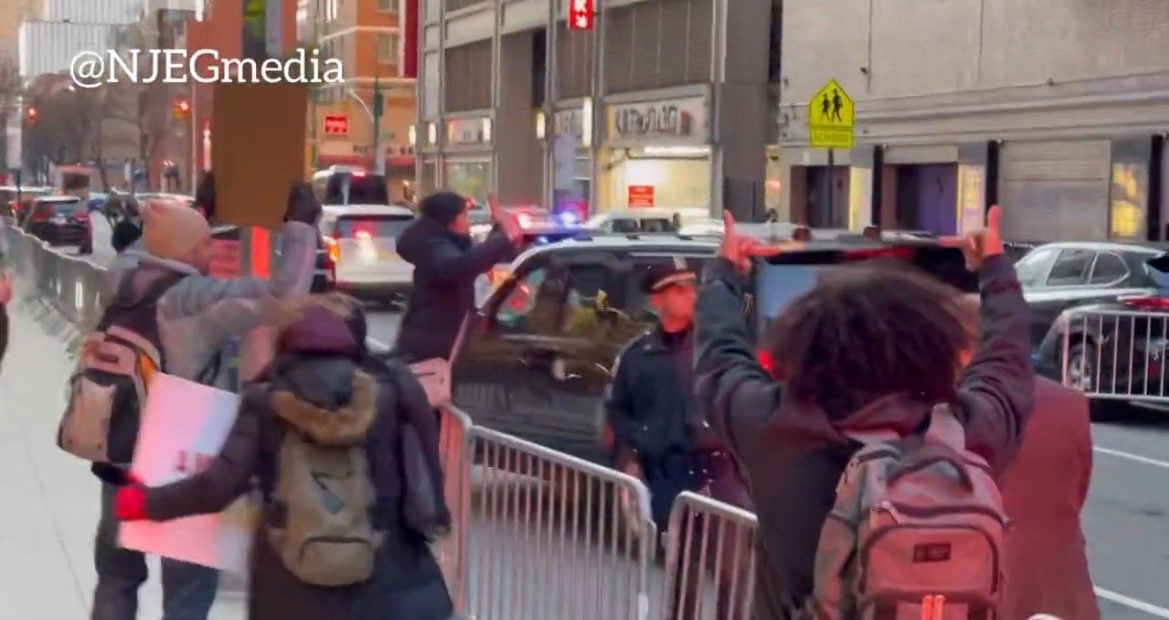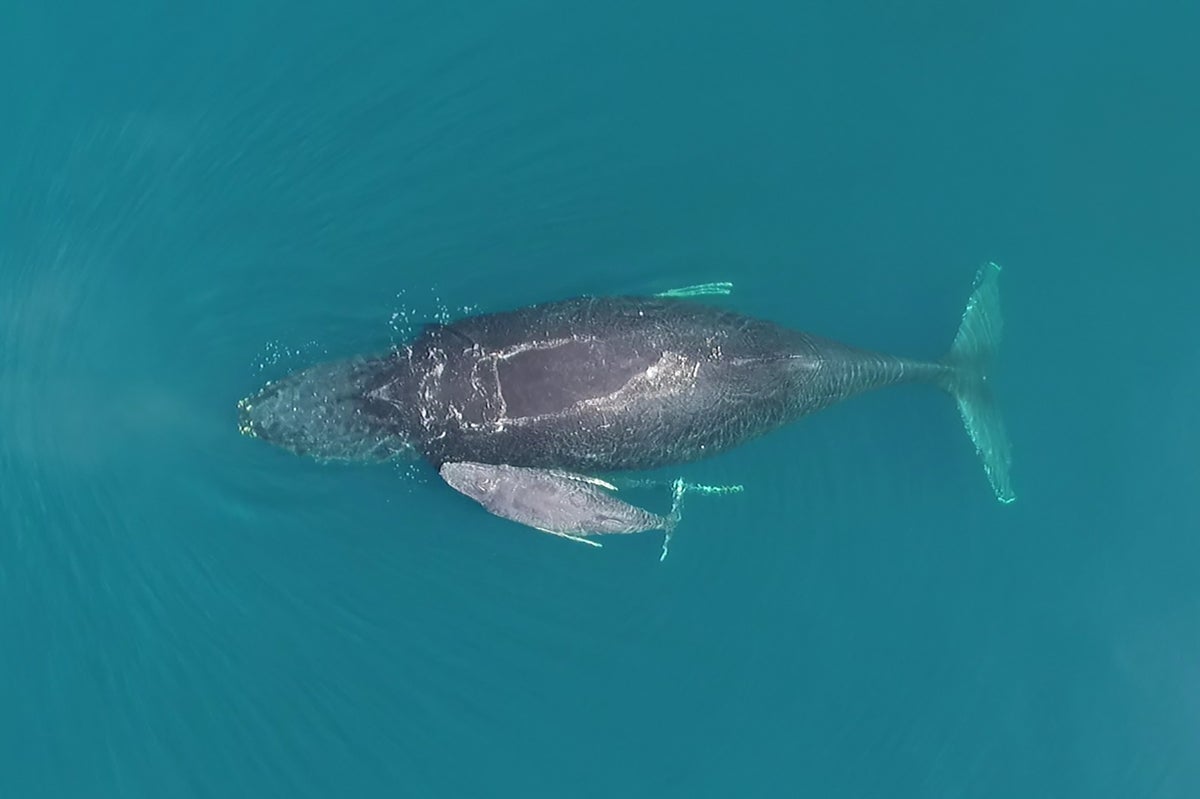Donate to Keep Electric Literature Free!
Electric Literature published over 500 writers and nearly 600 articles in 2023—all of which are free for you to read. EL’s archives of thousands of essays, stories, poems, and reading lists are also free. We need you to contribute to keep it that way. Please make a donation to our year end campaign today.
In many ways, the world Naomi Alderman portrays in her newest novel, The Future, is not so different from our own: a few tech CEOs have possession of much of the world’s wealth; headlines in the news chronicle a litany of natural disasters incited by the climate crisis; the polarizing forces of social media are very much in play; and people try to find meaning or forms of escape in different places, some of them turning to the remaining beauty of the natural world, others to survivalist message boards where they swap strategies for how to survive any apocalypse and ruminate on religious parables that carry meaning into present day.
The difference between our reality and the fictional one Alderman creates? In The Future, the world ends. And the tech billionaires, through their use of an AI survival program and their unimaginable amount of wealth, leave everyone to suffer while they take refuge in a series of secret bunkers.
Alderman brings the same propulsive prose and razor-sharp critique of our contemporary landscape that she did in her best-selling novel The Power to The Future, in which she skewers ills propagated by extreme wealth inequality. I had the opportunity to speak with Alderman over Zoom about the importance of community, the value of re-interpreting religious texts in present day, and what it looks like to maintain hope in times of deep crisis.
Jacqueline Alnes: The future, not to borrow your title, is such a rich premise for a novel. On one hand, some characters find hope and identity in the future: they spend their time imagining what’s ahead for them and work or scheme to reach those goals. For others, the future is foreboding, rife with natural disasters, pandemics, and other dangers. What was it like exploring these different perceptions?
Naomi Alderman: I have worked in technology for many years and I make games, so I often have to think about the future. In order to make an app, for example, you have to not be targeting whatever the phones are today, you have to think about what’s going to be happening four or five years from now and then try to hit that moving target. Also, I’m a fairly anxious person. Some of that conversation in the book about the future comes out of my own thinking and saying to myself, okay, maybe things are not going to be terrible. Maybe there’s a chance that things are going to be alright. It’s kind of working some hope out on the page.
I have a tendency to think it’s all going to be bad, but at the same time, working in technology, I think it’s probably going to be both good and bad, just like every other historical period. I see people talking about the book now online which is extremely exciting and fun, and I see people saying, Oh, it’s a terrifyingly real possibility and it’s a reality that just feels normal to me now.
JA: I felt like reading the book made some of what tech companies do—in terms of data or privacy—feel more real. Maybe working in tech means you have more of an ongoing awareness?
NA: On Friday, the genetic data company 23andMe announced that they had been hacked and that the hackers have released the information of all Ashkenazi Jews. I registered with that company about ten years ago. I’m an Ashkenazi Jew. God knows how that’s going to play out for me over the rest of my life. I can change everything about myself, but I can’t change my DNA.
JA: That’s horrifying.
NA: It’s a science fiction thing, except it’s really happened.
JA: Your book made me think about the capabilities of technology. Like the example of the CEOs controlling the weather so that we have no more floods or famine—what a great idea. But then, there’s this underbelly: if the wrong people have access to that power or if the wrong people co-opt it, it becomes a weapon.
NA: It’s all a tool. Every single thing that we’ve made is a tool. We could decide to use it for the benefit of all other humans and instead what we’re mostly doing is making a few dudes rich and powerful in a way that is going to send them crazy.
In my previous work I’ve thought a lot about power, and it continues to be interesting to me. My conclusion is not a novel conclusion, but I think it needs to be heard every single time: It’s not about the individual person. If you make people that powerful, they will go crazy. You look at Elon Musk and Mark Zuckerberg challenging each other to a cage fight, you must say to yourself that they have experienced power toxicity. It is affecting their brain functioning and the kindest thing to do would be to take quite a bit of power away from them so they can return to sanity. I guess either we do that in some sort of humane way, or at some point there’s a revolution, which I don’t think will be fun for any of us to live through.
JA: The book reveals how a fervent belief in capitalism has allowed select characters to hoard a baffling amount of wealth, power, and resources, which they hope to use to protect themselves as the world as we know it comes to an end.
NA: Did you see Sam Bankman-Fried’s brother was trying to buy an island to set up some sort of crypto-utopia? I mean, I made the stuff in my book up, but…
JA: But it’s not entirely fiction! Maybe that’s why readers are saying it’s terrifying, because it is an echo of our reality.
The kindest thing to do would be to take quite a bit of power away from [Elon Musk and Mark Zuckerberg] so they can return to sanity.
NA: I think we’re getting toward the end of the part when we can all be in denial about it. I have a strawberry plant on my patio here. It’s mid-October now in the UK and the strawberry plant is flowering, and that’s not normal. I think we are getting to some kind of point where people are going, What? What’s happened? on a lot of different things at once. That makes me feel quite hopeful. As long as we are awake and aware of what’s happening, we can really work to change it.
JA: In the novel, there are people who can survive because they have money—they can buy anything, but then they lack any sort of capability that would help them in the real, physical world. There’s a detachment from the reality they want to keep living in, which I thought was fascinating. What interests you about the ideas of survival?
NA: A long time ago, probably the germ of the book, was a New Yorker article about billionaires having survival bunkers, which hadn’t occurred to me until I read it. One of the things that made me stumble backwards was not that it’s just so revolting, but that I recognize it from science fiction novels that I’ve read. I thought, Oh God, it’s us. I suppose what is interesting about this particular group of extremely powerful people is that they have read a lot of science fiction and they are trying to make it happen. They’ve convinced themselves, for example, that bad AI is inevitable so they’ve got to make good AI. None of that is true, but it’s a science fiction premise and they’ve convinced themselves that the future of humanity is on other planets so instead of trying to look after this one they’re going to Mars. That’s sort of interesting.
If you think about the robber barrons of the 19th and early 20th century, they had been raised on Christianity for the most part. There was a movement to get them to use their wealth for good Christian values. Not all of that succeeded and not all of that was appropriate, but some of it involved Andrew Carnegie building public buildings. What I’m saying is the science fiction community needs to come together and give these guys some exciting sci-fi ideas about what they could do with their money, because they’re not going to be moved by religious pleas.
JA: I loved the biblical tales on the message boards in this novel, like reading about Lot as if he were a modern day man. When you read these stories in the Bible it’s always like sure, this happened, but when you re-contextualize it in the book, it made me do a double-take, like what happened?
NA: I grew up reading the Bible in Hebrew and my Aramaic is okay. Those stories are great stories. I don’t know whether you have a religious background, but I would heartily recommend the experience of telling Bible stories to people who have never heard those stories before. They come alive when they’re retold. They’re dead on the page, but when you tell somebody…I mean, if you really want a good time, tell someone the story of David, Saul, and Jonathan because that is incredibly gripping. Ages ago, I remember telling the story of Jacob and Esau to someone who had no familiarity with the Bible, and the moment I was telling it, he was like, What? What? It’s the most, in plain sight, brilliant piece of literature, but because it’s still a living part of religion it’s not taught as literature.
JA: I grew up reading the Bible but I just glossed over so much of it. It’s so condensed that I didn’t take the time to make it come alive or ask, What does that mean, actually?
NA: A lot of the translations out there gloss over it. You have to really have a good translation or be paying really close attention to figure out what’s going on. I was mentored by Margaret Atwood and one of our first conversations was swapping weird bits of the Bible. There’s a lot of weird stuff in there. There’s a bit, for example, where Moses is on his way back from the desert, where he’s seen the burning bush, and he’s coming back to Egypt. At a certain point in the story, and I swear to you this is there, he and his wife, Zipporah, are traveling overnight and their son becomes extremely ill. Zipporah takes a stone or a knife and removes the baby’s foreskin and then hurls it at Moses’s feet and shouts at him, “Behold, you are a bloody bridegroom to me.”
JA: That’s good stuff.
NA: It feels like something that had a meaning five thousand years ago, that we cannot quite winkle out of it anymore because there’s some beliefs in there that we don’t have or a reference to another story that we’ve never been told, but just looking at that on its face, you go, Okay, I get it. The baby was ill, Moses had not circumcised the baby, and she just went and did it and threw the foreskin at him, almost like, You dick. You knew that your god wanted the baby circumcised, you didn’t do it, and our baby nearly died. That’s a reading of it. There are other readings. But there’s so much in there that’s mysterious. I feel like it gets taught in a way where it’s an allegory or it’s about the relationship between God and the people, but no, it’s literature.
Respond to these stories with the part of you that knows how to respond to great writing. Reach out with your emotions, your empathy. Find what you find in it, and whatever you find in it is true for you. That’s where I am now. I have a lot of good language skills given to me by my religious upbringing and I guess I feel like I’m doing something that I would recommend to other people, which is to go back to the text, forget anything that any preacher ever taught you about it, and just have a look and see what’s there. It’s often very surprising.
JA: They are so deeply human and we are so deeply human. The context is different –– we don’t have burning bushes, necessarily –– but we do have floods and Facebook and these things that if someone read about us thousands of years from now, they might ask, What did these people do? Why did they react that way? Why aren’t people taking care of each other or the planet?
NA: Fundamentally, having worked in tech for like twenty years now, there are a lot of people who have really good values and want to do something that makes a difference. Typically, a technology company will say about itself: We’re changing the world; we’re making the world a better place. There’s a lot of disillusionment when you start working for a company like Google, whose slogan was “Don’t be evil” and then, twenty-five years later, you’re scraping people’s data and selling it to advertising companies. I think there are a lot of people working there who really do want to be doing something that makes the world better for everyone, and I hope we still have a chance to do that.
JA: It feels like we have the power and the resources and the minds.
NA: We do. There is enough food on this planet to feed everybody. We just don’t distribute it. That is a question that the logistical infrastructure of Amazon could be amazing at figuring out. Not in a crass way, working with a lot of NGOs who know how to do this, but it feels like there are a lot of brilliant people and good ideas. Capitalism isn’t necessarily doing a great job at getting the people who want to do some good stuff into the places with resources to do good stuff.
JA: I was going to say that capitalism makes us feel like we have to be out for ourselves, and does not encourage a community of care.
Part of writing this book was figuring out for myself the absolute necessity of letting other people in and making myself ask for help.
NA: I love that phrase. I grew up an Orthodox Jew. I’m not particularly religious any more, but certainly that is a world in which being a part of a community is incredibly important. I don’t hate capitalism—I think capitalism has given us some incredible things. But I really believe in a mixed system. We don’t want unfettered capitalism. Believing that will sort out all your problems is a kind of religious impulse. When people say, Oh we just have to set the market free, that’s a belief system. That’s not science. The evidence says that capitalism works for some things, communities of care work for other things, and government intervention works for some things, and NGOs work for some things. Actually, as with most other things on this planet, diversity is great. You just have to look at what a healthy, functioning ecosystem is, and it’s teeming with different things going on.
JA: There’s an interesting thread in survivalism about trust. If you open up to someone, it can be a form of connection, but the flip side is that they can betray you. How did you negotiate thinking about choosing hope while knowing that there’s betrayal possible?
NA: Secretly, that’s the theme of the book. When I was writing the book on my computer, the name of the file was “Trust.” Of course, someone else has won a Pulitzer Prize recently for a novel called Trust, so we couldn’t do that, but that is the theme: How can you possibly trust anybody? How can we do that knowing all of the terrible things that can happen and all of the bad people out there? And yet, if we don’t trust, we shrivel and die. Fundamentally, that is the Achilles heel of all of those billionaires in my novel. Becoming extremely wealthy means that you need to trust people less and less because you can get so many more of your needs met without having to ask anyone else. In the archetypical friendly street in a city, maybe you didn’t have sugar for your cake, so you went next door and asked to borrow a cup of sugar. People don’t necessarily do that very much any more because we’re wealthier than we were. The wealthier you are, the less you have to ask people things and the less you ask people for things, the less you have to discover that you can trust and rely on them. Eventually, that erodes your ability to trust. Then, you’re sunk.
I guess I’m arguing for using laundromats more and riding the bus and asking for help. I am terrible at asking for help. I think a lot of people who left a fundamentalist religion end up fiercely independent. There’s a sort of rugged individualism, certainly, in American or Western thinking. The opposite of self-branding is community. Part of writing this book was figuring out for myself the absolute necessity of letting other people in and making myself ask for help and not telling myself that I could go it all alone and do it all myself. It’s better to develop the ability to trust people. Otherwise, in the end, you have lost yourself.
JA: From exploring these ideas of the future, what would you hope readers take away? Or what did you take away? Whatever feels most true to you.
NA: Number one, I want to show my reader a good time, take them out on the town. I also hope that people who read the book come away with the feeling of: It is not too late to sort any of this out. It is not impossible to sort out the weird powers of this strange global elite that we have now. We don’t have to do it in an inhuman way, we just have to have the will to change it. It is not too late to keep so much that is really worth saving on this beautiful planet. All we need to do is want to do it.
There are a lot of ideas in the book, but one is that we are deliberately distracting ourselves because we don’t want to think about the red notices piling up in the hallway. I would like to gently say, this is your life, this is your planet, this is what your children are going to inherit, so come on now.

















































